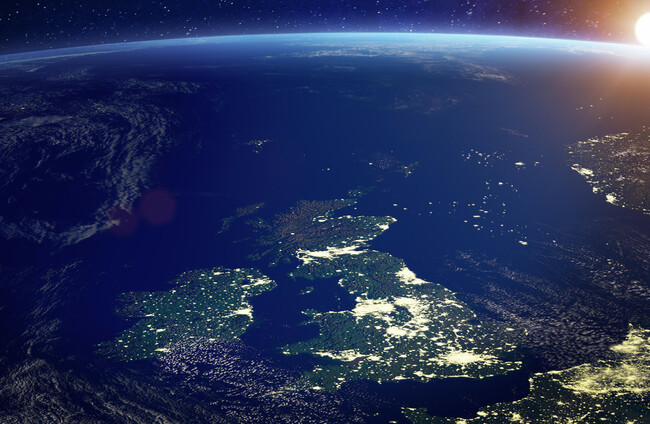Science
Ex-NASA Economist Urges Ireland to Build Space Centre

Ireland could benefit from building its own space research centre, according to Alex MacDonald, former chief economist at NASA. He spoke at the Global Economic Summit in Killarney, where leaders discussed future technology challenges.
MacDonald said the space industry is growing fast and is expected to become worth over $1 trillion within the next decade. He believes Ireland is in a strong position to join the modern space race due to its English language and close ties to the United States.
Ireland has increased its investment in the European Space Agency from €21.31 million in 2018 to €40.28 million in 2024. A small space centre could help Irish businesses develop new technology and access the American market.
Ireland has a history of involvement in astronomy. The Great Telescope at Birr Castle in County Offaly helped discover spiral galaxies in the 1800s. The Rosse Observatory is still used by Trinity College Dublin for space studies.
In 2023, University College Dublin launched the EIRSAT-1 satellite, Ireland’s largest space project so far, costing €7.9 million. The satellite included a poem created by pupils from DEIS schools, which was carved into the spacecraft.
MacDonald highlighted that combining history and the arts with space exploration helps people connect with the field. He said Ireland could become a leader in astronomy and even conduct its own space missions, working with other countries.
Space research also has practical uses on Earth, including work on climate change and agriculture. Data from space missions helps monitor weather and supports farming.
MacDonald emphasized that space is an area where countries like Ireland can make policy decisions to benefit their economy and society. The Global Economic Summit also covered topics like artificial intelligence and space security.
Ireland’s growing role in space shows it could become a hub for innovation. Increased funding and international cooperation may help the country reach new heights in space science.






